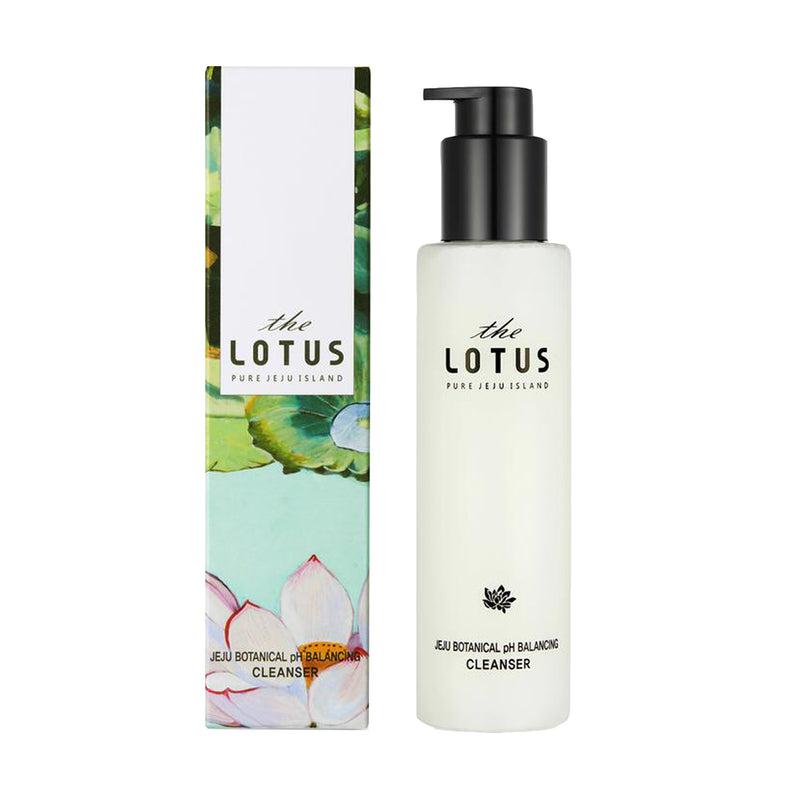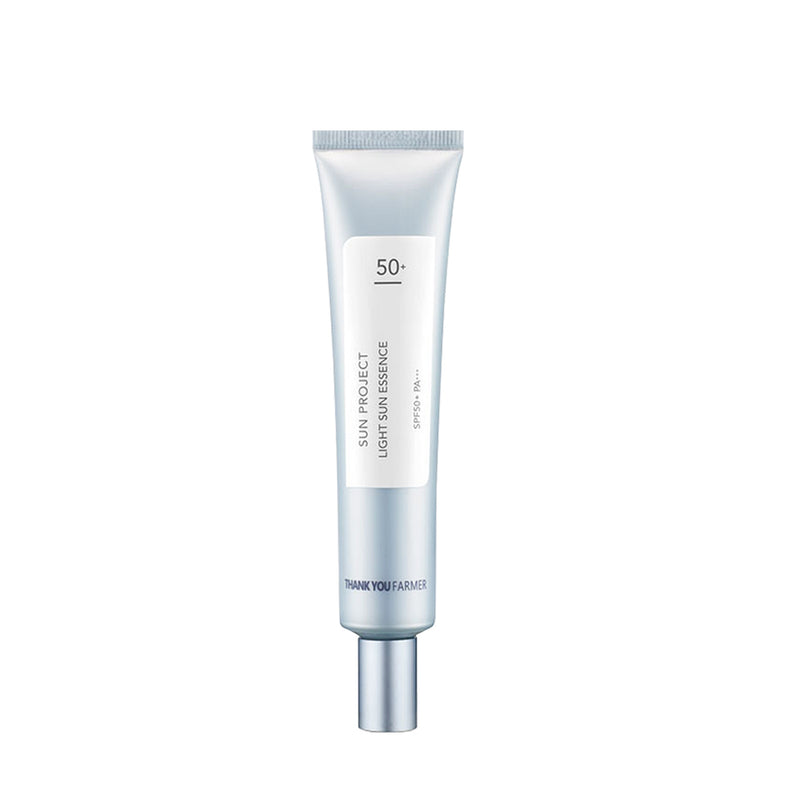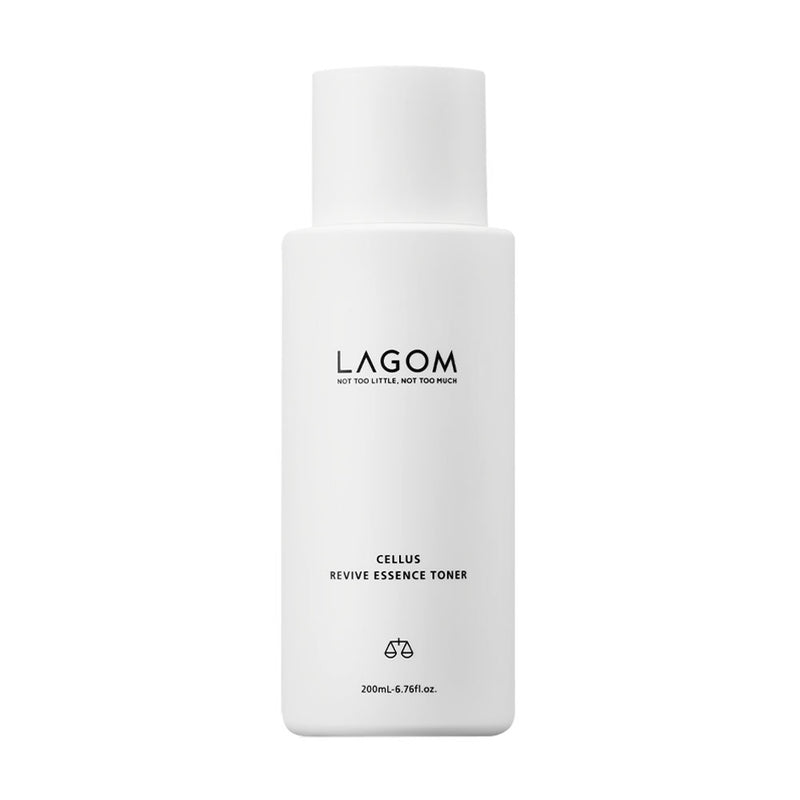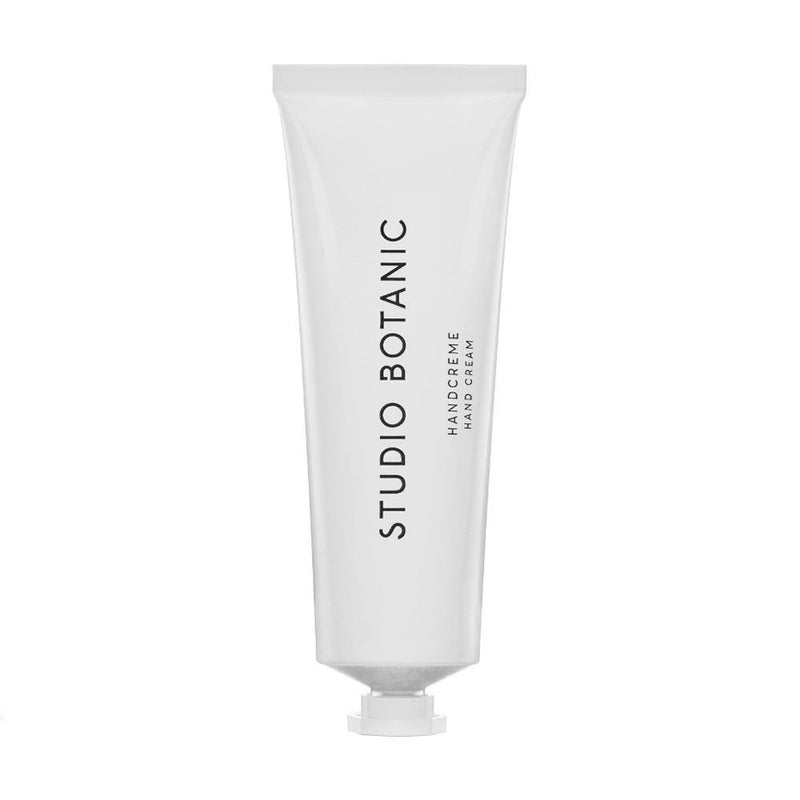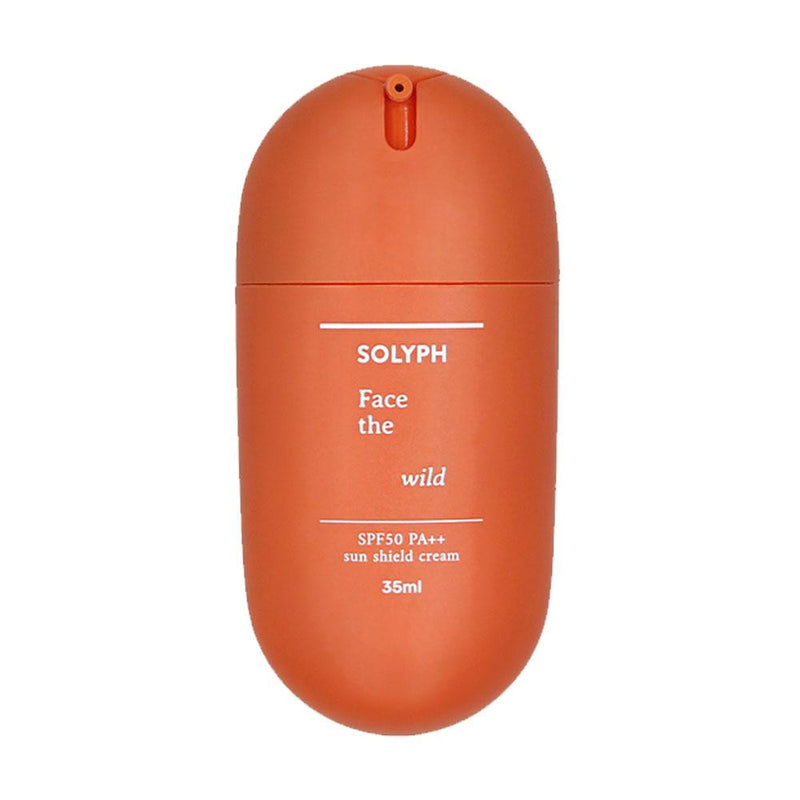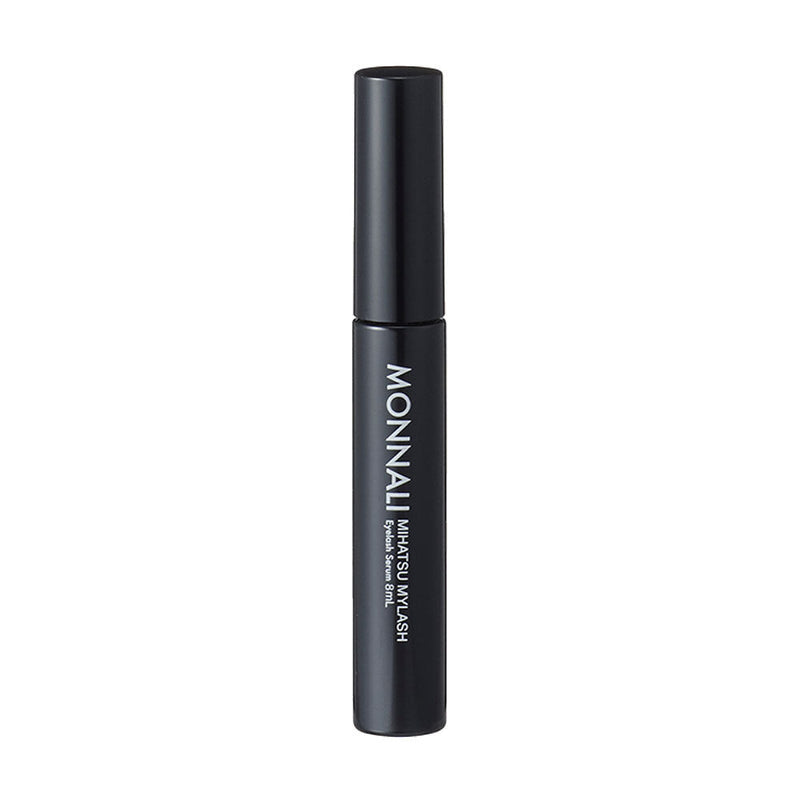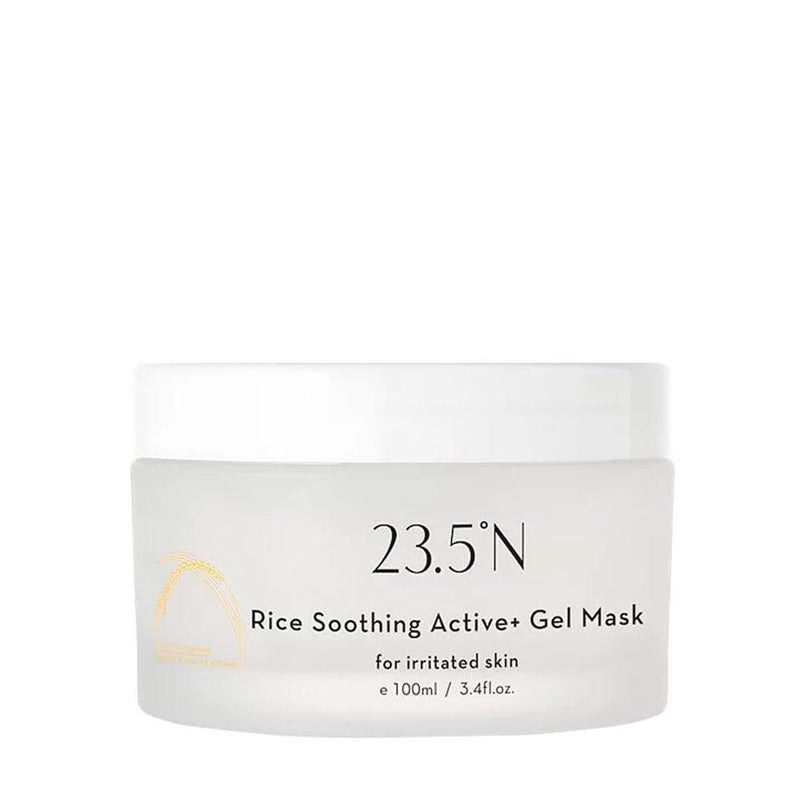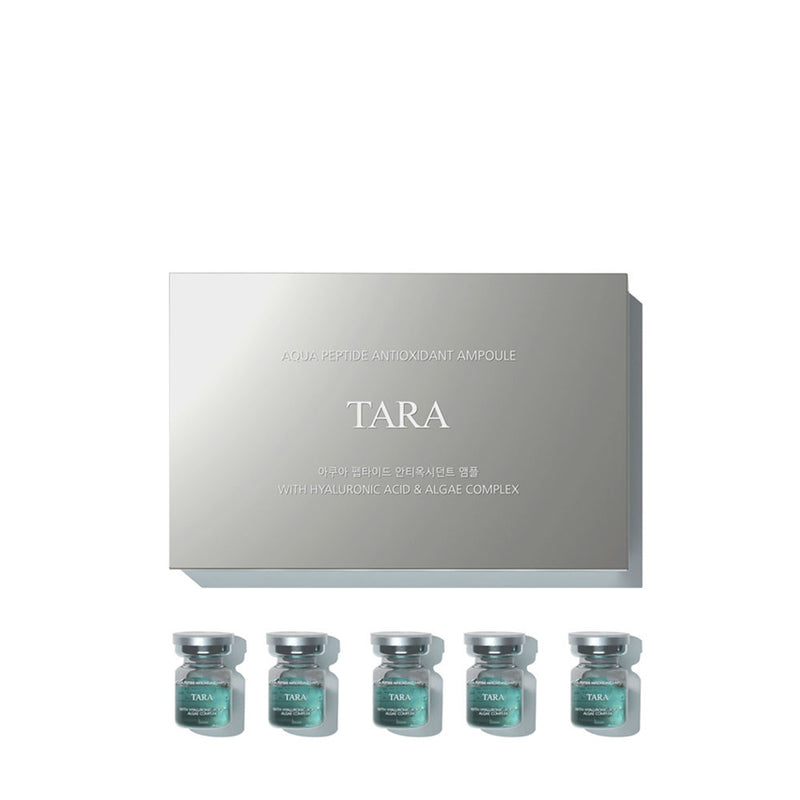Do you frequently experience irritation caused by your skincare products? If you do then you probably have sensitive skin. Here is a quick guide on the ingredients to avoid if you regularly struggle with skin irritation and inflammation.
Let’s face it. It can be quite maddening choosing the right skincare products if you have sensitive skin. Stocking up your beauty cabinet becomes a chore and takes all the fun out of skincare. Trying that new trending product can be scary and following your favourite celebrity’s latest product launch or skincare routine can be a nerve racking experience.
But the fun doesn’t have to stop just because you had a few bad reactions. Just like allergies, each one of us experiences skin sensitivities in different ways and to different extents, and while certain products may feel like they’re off-limits to you, identifying what’s in that bottle can go a long way in preventing the next acne flare up or bout of dry and flakey skin.
Sensitive skin does require a little extra effort, especially in Singapore, but knowing the ins and outs of what types of skincare ingredients love you or hate you will reduce anxiety and maximise your skincare outcomes. It does take some time to fully understand and you’re still at risk of getting it wrong from time to time but it’s better to know than to avoid the fun of skincare entirely!
As one of those long suffering sensitive skin types, I know the routine - read the labels, introduce products one at a time and patch test new products first. Clay masks? Awesome! Physical Exfoliators…. Good night! That’s going to take me days to recover. After years of experimentation, I’ve gotten it down to a science but if you’re just starting out, here is a list of common irritants that you should pay special attention to.
01 Fragrance

I love fragrances, from perfume and scented candles to skincare products, that decadent whiff can be very appealing. It tantalises your senses and elevates your boring skincare routines into a sensory experience that can invigorate or relax and create a sense of happiness or well-being. But fragrances are also one of the most common reasons for skin irritation.
To be clear, we are talking about added fragrances since everything has a smell or odour. Products with no added fragrance can smell pleasant too. But added fragrances do not have any skincare benefits and if you have hypersensitive skin, then it is best to avoid products with fragrances, natural or artificial, altogether.
Products such as toners and creams often contain added fragrances that can be made up of anywhere between 10 to 30 different chemicals, to help mask less-pleasant scents or to complete the sensory experience of the product. Even natural fragrances can anger sensitive skin though they are usually better than artificial fragrances.
So read the labels and don’t get confused between the terms “unscented” and “no fragrance”. The term “unscented” could mean that there are added masking ingredients meaning that the same harsh chemicals could have been added so that it has “no scent”. On the other hand, “no fragrance” would mean that no extra artificial or natural scents were added to the product.
One of our favourite products with no added fragrances is the Cellus Revive Essence Toner, $49 which has a great scent anyway from all the natural active ingredients that it is formulated from. Lagom makes great products that focus on getting the balance so that their formulations are effective yet gentle for sensitive skin.
02 Essential Oils

I know. It’s surprising that essential oils made it to the list especially since they are extremely common skincare ingredients usually distilled from natural plants and fauna. This doesn’t mean that all essential oils will cause a reaction in your skin. Just like food allergies, certain oils such as Bergamot or Tea Tree have a higher risk of causing a reaction.
Although essential oils have a tendency to evoke ideas of “natural” and “well-being”, some essential oils are extracted through complex processes that may have involved the use of chemicals. Certain essential oils can even transform into chemicals under sun exposure which could lead to photo-allergic reactions as well. If you’re avoiding essential oils then look out for the “Oil-Free” label.
The essential oils themselves can also have complex natural chemical compositions - making them potent skincare potions - that can contain allergenics that can cause skin issues. The concentration of the oils themselves also matter and you might still be able to enjoy them in certain formulations but probably should avoid bathing your face in a vat of the pure stuff.
One good way to enjoy these essential oils if you have sensitive skin is to use a single source facial oil such as Aromatica’s Golden Barrier Jojoba Oil, $42 which is 100% certified organic Jojoba Oil. This way you will know which oils are safe and which to avoid. Jojoba Oil in particular closely mimics natural sebum and is highly unlikely to cause a reaction but you should approach citrus oils cautiously or use them only in the evenings as they are known to cause photo-allergic reactions.
03 Chemical Sunscreen

Sunscreens are indispensable especially in the sunny Singapore climate and regardless of whether you have sensitive skin or not, you need to choose the right sunscreen to use daily. There are two types of sunscreens, chemical and mineral, also known as physical sunscreen and as the name suggests, physical sunscreens “physically” block UV rays.
Chemical sunscreens on the other hand contain a variety of chemicals that are absorbed by the skin and react with UV light, “absorbing” it then releasing it as heat after the chemical reaction has taken place. Not only do chemical sunscreens contain all kinds of exotic compounds, they tend to have a larger number of ingredients increasing the chances of getting a reaction to one of the ingredients.
For the “outdoorsies”, chemical sunscreens might be indispensable since most waterproof or sweatproof sunscreens are chemical based - physical sunscreens get washed off. They are also lighter and sit more comfortably under makeup and tend to not leave as much of a white cast. So if you really must use a chemical sunscreen, don’t forget to patch test it first before slathering it all over!
Most cosmetic sunscreens are chemical as they wear more comfortably. If you are looking for a physical sunscreen then look out for ingredients like Titanium Dioxide and Zinc Oxide, key components in physical sunscreens like the 5-zero Mild Sun Cream. But do beware, many modern sunscreens today like the Shimmer Sun Essence SPF30+ are hybrid physical and chemical sunscreens that would include these ingredients too.
04 Harsh Exfoliants

Exfoliation is a vital skincare step that helps clear pores and remove dead skin cells encouraging skin cell renewal and promotes both skin health and is key in helping you achieve that healthy, youthful glow. However, over-exfoliating can also cause your skin to become hypersensitive and even inflamed so make sure you’re not exfoliating more than 3 times a week!
Just like sunscreens, there are two types of exfoliating products, physical and chemical exfoliators. If you’ve been paying attention, then you probably would recall that using a chemical sunscreen should be avoided if you have sensitive skin but, surprise, surprise! The opposite is true for exfoliation and you should either opt for a gentle physical exfoliator like clay or use a chemical exfoliator. Lactic Acid is also a recommended option for sensitive skin as it does not penetrate as deeply as other acids.
The reason is that the constant pulling, tugging and general abrasiveness of ingredients in physical exfoliators such as apricot kernels or micro beads can cause damage to your skin and cause it to get irritated and inflamed. Chemical exfoliators on the other hand, contain ingredients like hydroxy acids and fruit enzymes that help cell turnover and deliver the same benefits without irritation to skin that is sensitive to scrubs.
Regardless of what you choose, exfoliating is generally harsh on the skin and you should take care not to over-exfoliate. While a chemical exfoliator may not give you that immediate smooth and supple feel, they are generally recommended for sensitive skin. The luxurious BHA Overnight Velvet Peel, $199 from Tara delivers more than just a gentle exfoliation to keep your skin looking at its natural, youthful best!
05 Sulfates

You know that rich, foamy lather you get from your cleanser that makes you feel like you’re in a skincare commercial? Yup, that’s sulfates at work. From foam cleansers and shampoos to toothpastes many of our everyday skincare and personal care products are typically spiked with a dose of sulfates, the more common ones being Sodium Lauryl- and Ammonium Lauryl sulfate.
Sulfates are what makes your favourite foam cleansers foam or lather and in so, making them more effective at removing dirt and grime off your skin. They are ingredients that are fundamental to how foam cleansers work but sulfates can also be extremely drying for your skin which for sensitive skin, can mean a higher chance of a flare up. So try looking for products that are marked sulfate-free.
Because of how common sulfates are, they are one of the most common culprits for skin irritation so opting for an oil-based cleanser that is free from sulfates might be a better choice if you have sensitive skin. But there is a reason why sulfates remain so commonplace, we love our foam! So if you really want all those bubbles with none of the nasties, go for a cleanser that uses natural surfactants such as Coco Glucoside and Caprylyl Glucoside.
Try the Honey Matcha Cleansing Drops, $59, from Rooki Beauty. This gel cleanser is suitable for sensitive skin not only because it is made out of superfoods and sulfate-free but also because it is pH balanced. All the goodness which your sensitive skin would love. As the formula does not foam and has no chemicals, it smells uh-mazing like a fresh smoothie too.

So, Now You Know
but by avoiding the types of ingredients listed here, you can keep your skin relatively safe. By understanding what your skin is sensitive to, you’ll be able to eliminate words like “rash”, “breakouts” and “irritation'' from your daily skincare vocabulary in no time!
However, unless you are into natural brands like W.ANT with minimal ingredients, modern formulations tend to be complex with many ingredients and avoiding all of the ingredients listed here may not be possible. So, in addition to reading the labels, always practise good habits like only rotating one product at a time and always try a patch test with new products you intend to add to your routine.
From sunscreen and toners for sensitive skin to purpose-formulated serums and essences, discover all the skincare necessities you need at Asian Beauty X.
